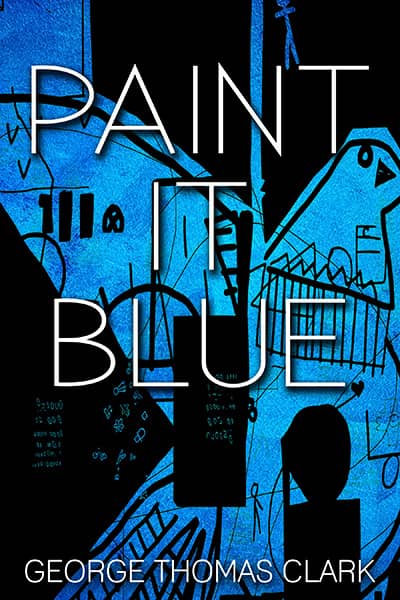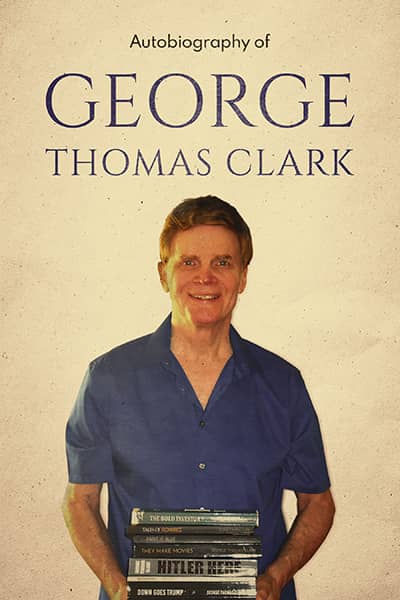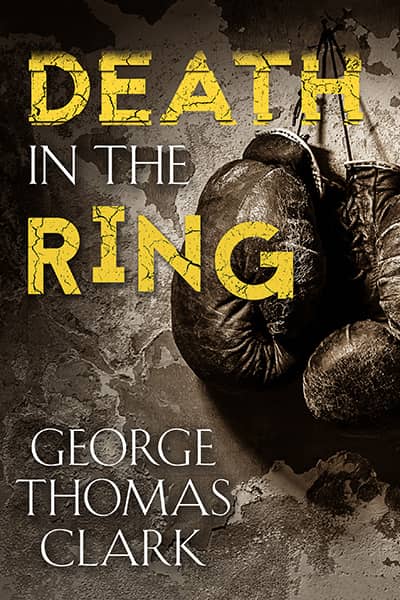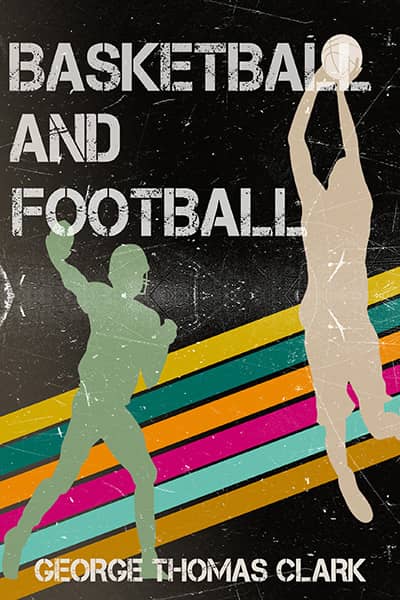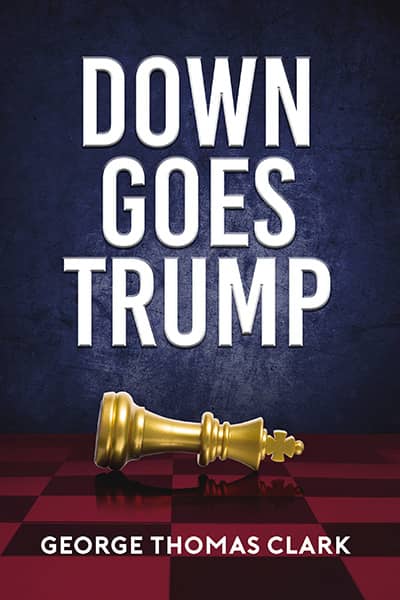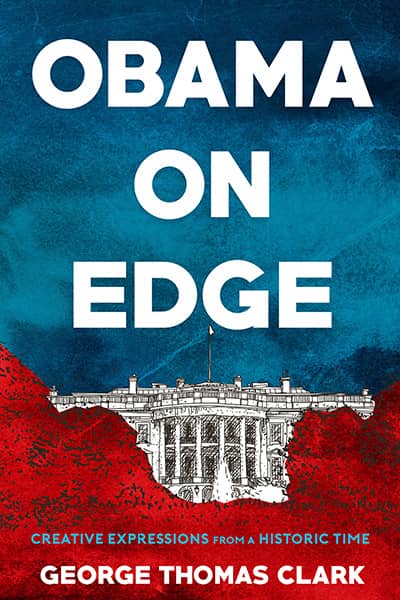Education of Ulysses S. Grant
May 30, 2011
I loved this wonderful horse that cost twenty-five dollars but when the owner brought it to our house my father said it wasn’t worth more than twenty and that’s what he offered. The owner wouldn’t yield and left but I so earnestly urged my father to help he gave me confidential instructions and ordered me to go to the man’s home and bargain. Upon arriving I told him, “Papa says I may offer you twenty dollars for the colt, but if you won’t take that, I am to offer twenty-two and a half, and if you won’t take that, to give you twenty-five.” The village boys found out about this and mocked me for months, causing me “great heart-burning.” I realized even then, around age eight, that boys enjoyed my misery as well as any misfortune the others suffered and later learned many adults also have this “peculiarity.”
I certainly do not say this in an entirely plaintive way. I had as many privileges as any boy in my Ohio village and more than most. I suppose I earned much of what I got. I worked hard in the fields as well as attended the subscription school, since there were no free schools, and endured a succession of boring and unqualified solitary teachers trying to impart their limited knowledge to forty students ranging from the “infant learning the A B C’s up to the young lady of eighteen and the boy of twenty, studying the highest branches taught – the three R’s, Reading, ‘Riting, ‘Rithmetic.” In those days teachers compensated for their educational shortcomings by laying on the beech switch. Mr. John D. White always had one in his hand and worried not about breaking it since “switches were brought in bundles, from a beech wood near the school house… (and) often a whole bundle would be used up in a single day.” I never resented Mr. White or the other switch swingers since their customs were then “universal” and what they had also experienced as students. I am grateful, however, that at home I was never punished “either by scolding or by the rod.”
In 1839, when I was seventeen, my father proudly surprised me with news that he’d obtained my appointment to West Point. I responded that I wouldn’t go but Father said he thought I would and that meant I went. I didn’t fret. I’d always had a “great desire” to travel. I just wish that in Philadelphia or New York I had sustained an injury modest enough not to hurt too much but sufficiently serious to prevent my continuing to the Military Academy, which I soon realized “had no charms for me.” Even the encampment before studies began was “wearisome and uninteresting,” and the curriculum proved dreary though I placed well in mathematics, which was easy for me. I was merely adequate in artillery and infantry and cavalry tactics, and could not imagine a career in the army even if I shocked myself and graduated. If I did pass I planned to become an assistant professor of mathematics at the Academy prior to becoming a “professor in some respectable college.” Ultimately, after four interminable years, I graduated and became a commissioned officer in the infantry. A couple of years later, in 1845, I wrote to mathematics Professor Church at West Point, “requesting him to ask my designation as his assistant, when next a detail had to be made.”
Professor Church responded positively and I probably would’ve been detailed to the classroom but for the approaching Mexican War. Though I served with dedication “I was bitterly opposed” to this act of wanton aggression and “to this day regard the war… as one of the most unjust ever waged by a stronger against a weaker nation. It was an instance of a republic following the bad example of European monarchies, in not considering justice in their desire to acquire additional territory. Texas was originally a state belonging to the republic of Mexico.” Americans, with Mexican permission, began to colonize the sparsely populated state but “paid very little attention to the supreme government, and introduced slavery into the state almost from the start, though the constitution of Mexico did not, nor does it now, sanction that institution… The occupation, separation and annexation were, from the inception of the movement to its final consummation, a conspiracy to acquire territory out of which slave states might be formed for the American Union.”
I married Julia Dent in 1848 and later had to leave her home with the children as I continued to serve in the army and in 1852 headed West, via hot, hellish, and choleric Panama, before cruising north and moving through the bars of Gold Rush San Francisco and up to Fort Vancouver and in 1854 to Fort Humboldt where, off duty I assure you, I was reported intoxicated at the pay table and given the ultimatum to either resign or be court-martialed. I chose the former and struggled as a farmer and bill collector and an assistant in my father’s tannery. I didn’t discuss politics much and wasn’t actively against slavery but understood the South, by convincing Congress to pass the Fugitive Slave Law, now arrogantly expected “intelligent and well-to-do” Northerners to serve as their marshals by tracking down runaway slaves.
In 1861 I escaped into the Union army to recruit and train soldiers. Then I began to attack, that is I now ordered younger soldiers to attack, and when they were repulsed I ordered them to attack again, and I informed our Southern enemies that there would be “No terms except unconditional and immediate surrender.” I guarantee I never got drunk when a battle was brewing, only during lulls, and skillfully defended myself against tattletale generals seeking my command. I also learned to confuse the enemy with indirect assaults and diversionary tactics and always calculated that we had more men and material and would win if we fought and under my command, unlike that of some other generals, I demanded that we fight and win, and on April seventh, 1865 was able to write General Robert E. Lee: “The result of the last week must convince you of the hopelessness of further resistance on the part of the Army of Northern Virginia in this struggle. I feel that it is so, and regard it as my duty to shift from myself the responsibility of any further effusion of blood, by asking of you the surrender of that portion of the Confederate States army known as the Army of Northern Virginia.” Two days later General Lee surrendered, accepting my reasonable terms that Confederate troops lay down their weapons and return home and promise never again to fight the United States.
President Abraham Lincoln was incontestably the greatest man I ever met and his death a tragedy for the nation. His successor, Tennessean Andrew Johnson, was a Southern sympathizer who tried to undercut Reconstruction and the rights of former slaves. Thankfully, I was elected president in 1868 and insisted that Negroes be allowed to run for political office, and thousands were elected. I additionally tried to provide a new state, Santo Domingo, where Negroes could be free to govern themselves while still being part of the United States. Congress shortsightedly voted down this annexation treaty. I’m still proud I tried. I’m also proud I tried to help the Indians by pronouncing that “wars of extermination are demoralizing and wicked.” I’m unashamed, though disappointed, that many men I selected to serve in my administration turned out to be liars and thieves. I was too trusting, otherwise I could’ve been as good a president as general. Later I discovered I never should’ve been an investor. The man I trusted with my financial assets stole them and bankrupted me. So now, as throat cancer extinguishes my life, I rush to finish my memoirs so I can leave my family something besides fame.
Sources – The Complete Personal Memoirs of Ulysses S. Grant; Ulysses S. Grant – Wikipedia.

